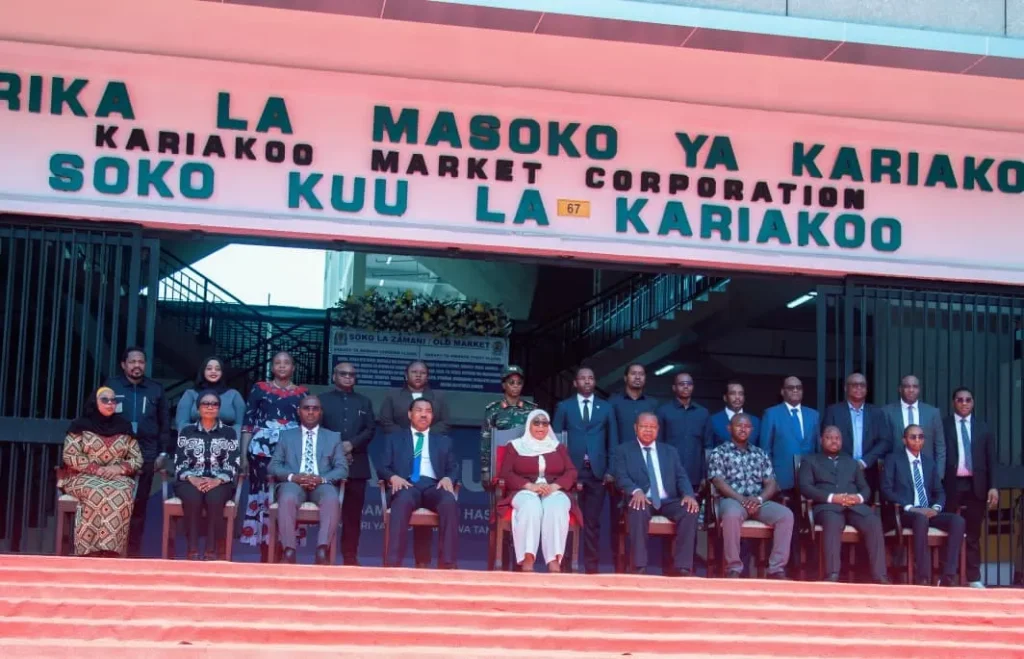In a significant step toward strengthening Pan-African unity and fostering greater mobility across the continent, the government of Burkina Faso has announced the removal of visa fees for all citizens of African nations.
The announcement came after a cabinet meeting led by transitional leader Captain Ibrahim Traoré. Speaking on behalf of the government, Minister of Security Mahamadou Sana confirmed the policy change, stating that travelers from any African country can now enter Burkina Faso without paying visa fees.
“Citizens from African countries wishing to visit Burkina Faso will no longer be required to pay visa charges,” said Minister Sana.
While the financial barrier has been lifted, visitors are still required to complete an online application for prior authorization before traveling. This step ensures proper documentation and a streamlined entry process.
Background and Regional Context
This new visa policy builds on existing agreements that already allowed visa-free entry for citizens of West African nations. However, the latest measure broadens the scope to include the entire African continent.
The announcement also comes at a time when Burkina Faso, along with Mali and Niger, has withdrawn from the Economic Community of West African States (ECOWAS), raising questions about regional travel dynamics moving forward.
Aligning with Continental Integration Efforts
By eliminating visa fees for fellow Africans, Burkina Faso joins a growing list of countries—including Kenya, Rwanda, and Ghana—that are prioritizing free movement across borders. These efforts reflect the African Union’s vision for a more integrated and unified continent.
According to a government statement, the initiative aims to boost tourism, promote Burkinabe culture, and elevate the country’s international profile.
A Vision Rooted in Pan-Africanism
Captain Ibrahim Traoré, who assumed power in 2022, has often expressed Pan-African ideals and a desire to reduce foreign dependency. His administration is positioning Burkina Faso as a leader in regional cooperation and African self-determination.
Challenges on the Ground
Despite these forward-looking policies, Burkina Faso continues to face serious security issues. An ongoing insurgency by extremist groups has left nearly 40% of the country outside full government control, with regular attacks on both civilians and security forces.
Nonetheless, the visa policy is seen as a strategic move to promote solidarity, even as the country navigates complex internal and external challenges.
Conclusion
Burkina Faso’s decision to waive visa fees for all African nationals marks a noteworthy commitment to unity, mobility, and shared prosperity across the continent. While security remains a pressing concern, this progressive policy reflects a broader aspiration to connect Africa through openness and mutual cooperation.






